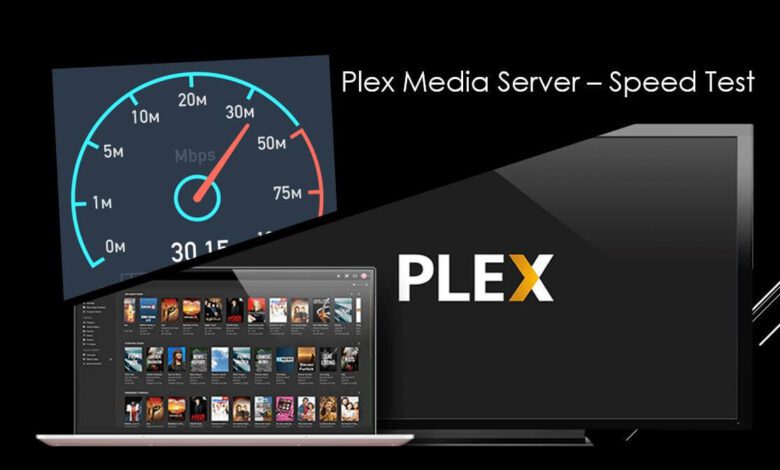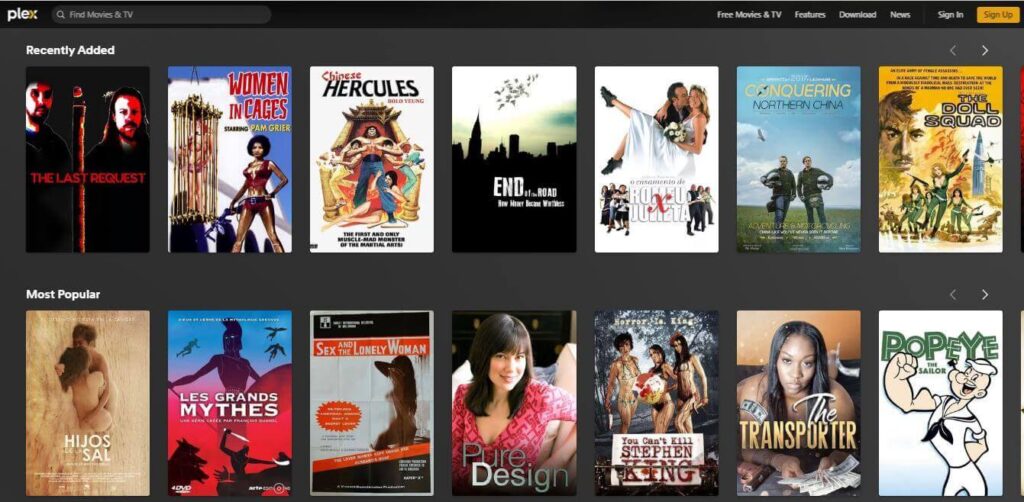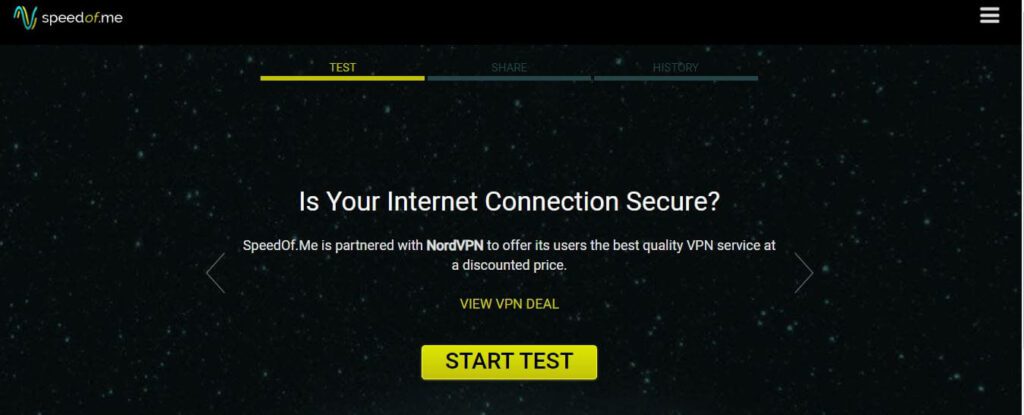How to perform Plex Speedtest?


Plex is a media server application that enables users to stream their media content from one device to another. A plex speedtest allows users to measure the performance of their plex media server and see how it compares to other servers.
What is Plex?
Plex is a media server application that will help you manage and organize your media files. You can use Plex to stream your movies, TV shows, music, and photos to any device, anywhere.
With Plex, you can access your media from any device, including your computer, phone, tablet, and more. Plus, Plex offers free apps for all major platforms, so you can always access your media.


Plex also makes it easy to share your media with friends and family. You can create a shared library for everyone to access or invite specific people to view your media. Plus, Plex offers premium features like camera uploads, cloud sync, and more.
What is Plex Speedtest?
The plex speedtest measures the time it takes for the media server to start streaming content, the time it takes to buffer the content, and the time it takes to start playback. It also measures the amount of data that is transferred during playback.
The results of the plex speedtest can be used to determine the optimal settings for your plex media server. The test can also be used to troubleshoot issues with your server or to determine the cause of playback problems.
To run a plex speedtest, you must download and install the Plex Speed Test app from the App Store. Once the app is installed, launch it and follow the instructions on the screen.
You will need to enter your server’s IP address and port number. The app will then connect to your server and begin the test.
Once the test is complete, you will see the results on the screen. The results will show the time it took to start streaming, the time it took to buffer the content, and the time it took to start playback.
You can use the results of the plex speedtest to determine the optimal settings for your server. You can also use the test to troubleshoot issues with your server or to determine the cause of playback problems.
Does Plex use a lot of bandwidth?
Yes, Plex can use a lot of bandwidth, especially if you are streaming high-definition video or audio. Depending on the internet connection and the quality of video or audio files, Plex can use anywhere from 300Kbps to 5Mbps.
To put that in perspective, a typical mp3 file is about 3Mbps. So, if you are streaming a video or audio file that is 4Mbps, Plex will use about 1Mbps of bandwidth.
How do I speed up Plex streaming?
If you’re wondering how to speed up Plex streaming, follow the tips below:
Make sure your devices are properly connected to the internet
One of the most common reasons for slow Plex streaming is an unstable or poor internet connection. Before you troubleshoot other issues, ensure all your devices are properly connected to the internet.
Optimize your home network for better performance
If you have a lot of devices connected to your home network, it can cause issues with Plex streaming. Consider disconnecting any unnecessary devices to optimize your home network for better performance. Additionally, you can try using a wired connection instead of Wi-Fi if possible.
Troubleshooting
Try some troubleshooting steps if you’re experiencing issues with your Plex stream.
Why is Plex streaming low quality?
There are a few potential reasons why Plex might be streaming your content in low quality:
Slow Internet
Your internet connection may not be fast enough to support high-quality streaming. Try running a speed test to see if your connection is up to par.
System Requirement
The server you’re using to stream from may not be powerful enough to handle high-quality streams. If you’re using a computer, ensure it meets the minimum system requirements for Plex Media Server.
Low-Quality Media Files
The file you’re trying to stream might be of low quality, to begin with. In this case, there’s not much you can do other than try to find a better-quality version of the file.
Outdated Version of Plex Media Server
Finally, there may be an issue with the Plex Media Server software. If you’re having trouble with low-quality streams, ensure you’re using the latest version of Plex Media Server.
Which Speed Test is most accurate?
Many speed tests are available online, but which is the most accurate? That’s a difficult question, as many factors can affect speed test results. However, we can look at some of the most popular speed tests and compare them.
Ookla’s Speed test is one of the most popular speed tests available and is generally considered accurate. However, there have been some complaints about its accuracy, particularly regarding upload speeds.


Another popular speed test is Speedof.me. This speed test is also considered accurate, but some users have reported issues with its results.


As many factors can affect speed test results—however, both Ookla’s Speed test and Speedof.me are generally considered to be accurate.
How do I check my Plex Speed?
There are a few ways to check your Plex speed.
Built-in Speed Test
One way is to use the built-in speed test within the Plex app. To do this, select Settings from the main menu, Server, Network Tools. From here, you can select Speed Test and run a test to see your current upload and download speeds.
Online Speed Test Tool
Another way to check your Plex speed is to use an online speed test tool. Several online tools are available, such as Speedtest.net and Fast.com.
Visit one of these websites, select a server location, and run the test to see your current speeds.
Contact Your Internet Service Provider.
Finally, you can contact your Internet service provider directly and ask about your current speeds. They should be able to provide you with this information.
Once you know your current Plex speed, you can start troubleshooting any issues you may have.
If your speeds are below what they should be, there are a few things you can do to try and improve them.
First, you can try restarting your router. Sometimes this can help improve speeds.
Another thing you can do is contact your Internet service provider and ask them if there are any known issues in your area that could be impacting your speeds.
Finally, you can try connecting to a different server location. This may help if the issue is with the server you’re currently connected to.




